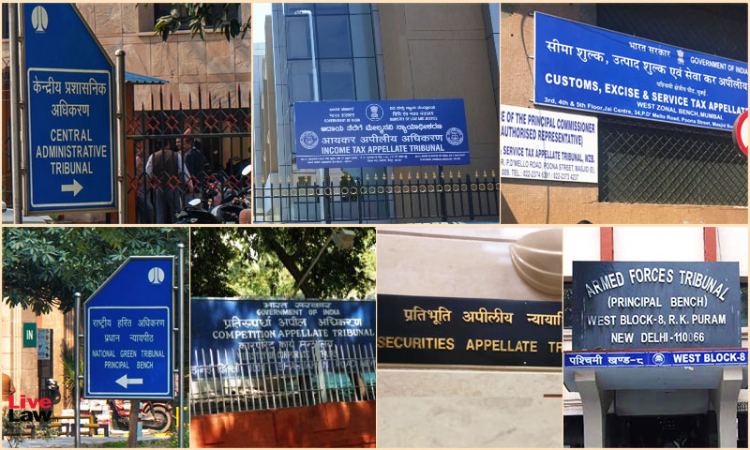All You Want To Know About The Tribunal Reforms Bill, 2021 Passed By Lok Sabha
LIVELAW NEWS NETWORK
3 Aug 2021 6:34 PM IST

Next Story
3 Aug 2021 6:34 PM IST
The Tribunal Reforms Bill 2021 ("Bill") was passed in Lok Sabha on Tuesday amid opposition demanding further discussion on the Bill. The Bill seeks to provide for uniform terms and conditions of the various members of the Tribunal and abolish certain tribunals, as a part of its bid to rationalize the tribunals. Key Highlights Abolition of Appellate Tribunals: Film...
